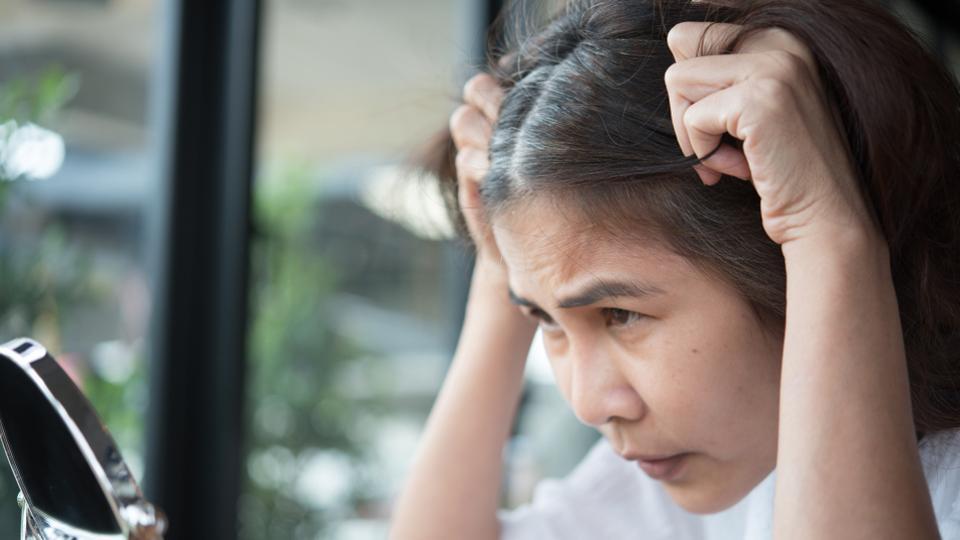
For those who have receding hairlines, hope is on the way as scientists have identified a drug – initially meant to be for osteoporosis treatment – which can help in hair growth.
According to a study published in the journal PLOS Biology, researchers from University of Manchester, UK showed how the drug stimulates hair growth in human hair follicles which had been donated by patients undergoing hair transplantation surgery. Currently only two drugs – minoxidil and finasteride – are used for treatment of male-pattern balding (androgenetic alopecia).
However, both these not only have side effects but at the same time do not give satisfying results. Which leaves the patients only with the other option, which is hair transplantation surgery.
Researchers were looking to develop novel ways for human hair growth, and their approach was to firstly identify the molecular mechanisms of an old immunosuppressive drug, Cyclosporine A (CsA). Since the 1980s, Cyclosporine A has been commonly used for suppressing transplant rejection and autoimmune diseases. However, this too has side effects, an interesting one being that it boosts cosmetically unwanted hair growth.
The researchers did a full gene expression analysis of isolated human scalp hair follicles treated with CsA. This led to the discovery that CsA reduces the expression of SFRP1, a protein that inhibits the development and growth of many tissues, including hair follicles.
This showed them a totally different and new way of using this old and popular immunosuppressant. “We were able to conduct our experiments with scalp hair follicles that had generously been donated by over 40 patients and were then tested in organ cultures,” said Nathan Hawkshaw who led the study. “This makes our research clinically very relevant, as many hair research studies only use cell culture,” Hawkshaw said.
“When the hair growth-promoting effects of CsA were previously studied in mice, a very different molecular mechanism of action was suggested; had we relied on these mouse research concepts, we would have been barking up the wrong tree,” he said.
“The fact this new agent, which had never even been considered in a hair loss context, promotes human hair growth is exciting because of its translational potential: it could one day make a real difference to people who suffer from hair loss,” he added. “Clearly though, a clinical trial is required next to tell us whether this drug or similar compounds are both effective and safe in hair loss patients,” Hawkshaw said.
Recently, another new Japanese hair treatment was in the limelight. Professor Junji Fukuda at the Yokohama National University and his team managed to cultivate 5,000 germs within a few days, which help in replenishing hair. Two kinds of cells placed in silicone containers are used to cultivate ‘hair follicle germs’- which are sources of the small organs that grow hair.
For those who believe more in natural methods for hair growth, there are various home-based habits that one can inculcate. Oiling your hair at least once a week is very important, and Rosemary Lavender hair oil is one of the most effective oils for controlling hair fall.
Stop using chemical shampoos and opt for the ones which have organic active ingredients. Your diet too plays an important role in making your stronger, and a protein rich diet is good for the hair.
source:-.hindustantimes
